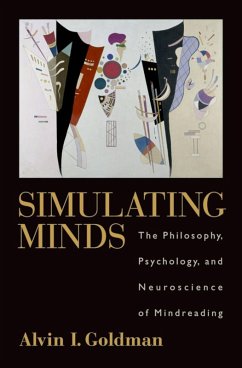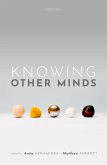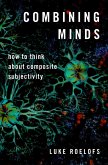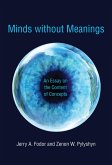People are minded creatures; we have thoughts, feelings and emotions. More intriguingly, we grasp our own mental states, and conduct the business of ascribing them to ourselves and others without instruction in formal psychology. How do we do this? And what are the dimensions of our grasp of the mental realm? In this book, Alvin I. Goldman explores these questions with the tools of philosophy, developmental psychology, social psychology and cognitive neuroscience. He refines an approach called simulation theory, which starts from the familiar idea that we understand others by putting ourselves in their mental shoes. Can this intuitive idea be rendered precise in a philosophically respectable manner, without allowing simulation to collapse into theorizing? Given a suitable definition, do empirical results support the notion that minds literally create (or attempt to create) surrogates of other peoples mental states in the process of mindreading? Goldman amasses a surprising array of evidence from psychology and neuroscience that supports this hypothesis.
Dieser Download kann aus rechtlichen Gründen nur mit Rechnungsadresse in A, B, BG, CY, CZ, D, DK, EW, E, FIN, F, GR, HR, H, IRL, I, LT, L, LR, M, NL, PL, P, R, S, SLO, SK ausgeliefert werden.









